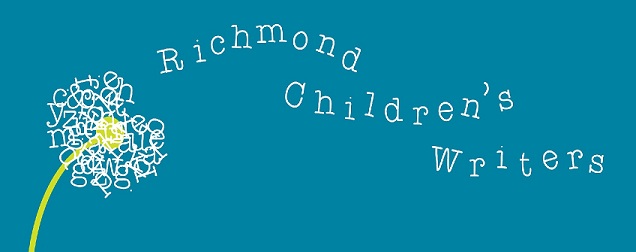by
Chris Sorensen
I
had a conversation this past week with one of my children that made
me stop and think about how they learn to read. Who teaches my children
to read? I would like to think I have added something positive to their
life in this category, but the answer to the question is without a doubt my
dear wife, their mother.
Then
I thought about my own life growing up. Who taught me to read? And
I got the same answer, my mother. I took it one step further and had
wonderful conversations with some friends and colleagues at work and almost
without exception, everyone I talked to said they had learned to read from
their mother.
Reading
allows us to learn. Learning gives us power. I am so grateful that
my mother gave me power. Power to understand other people’s lives through
the written word. Power to think for myself as I read and ponder life’s
questions and my purpose for being on this Earth. Power to explore other
worlds and to have the opportunity to entertain myself at just about any place
or any time, as long as I have a book with me. Thank you mom for giving
me that power.
As
we approach Mother’s Day this coming Sunday, I hope you take time to appreciate
the power that your mother instilled in you. If your mother is still in
your life, you can thank them with a note or a phone call for all the endless
hours of lap time and picture books. If your mother is not with you
still, you can show your appreciation by picking up a book and continuing to
grow the power she instilled in you so long ago.
Happy
Mother’s Day to all the wonderful, selfless, and dedicated woman out there who
gave us so many powerful things to bless our life - including the power to
read.



